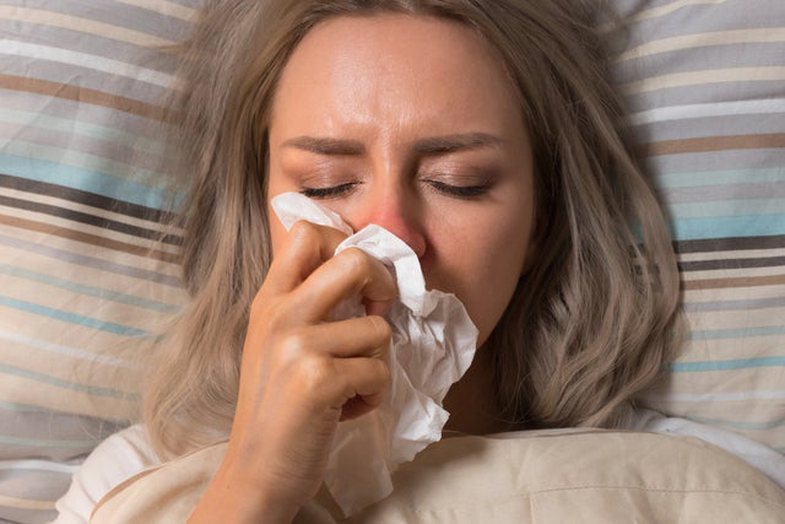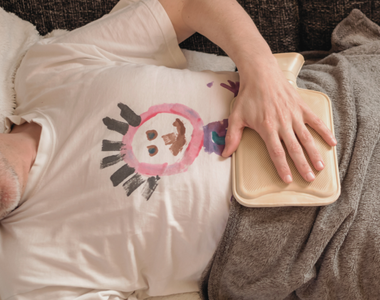
Loss of smell can be a sign that you are infected with Covid-19. In a recent article, The New York Times reported that up to 87% of patients experience this startling symptom. Meanwhile according to Vanderbilt University Medical Center, in approximately 25% of people diagnosed with coronavirus, olfactory loss is the first and only sign of the virus.
Knowing that this symptom - known in medicine as anosmia - could serve as an important indicator of the virus, a study was conducted to find specific odors that could serve as evidence that you have Covid-19.
Because the study began in India, researchers selected five fragrances that are often found in Indian families. They found that people who had difficulty smelling mint and coconut oil were more likely to later test positive for coronavirus. In total, the research team reviewed 25 flavors and selected five to use for the experiment, aromas that participants used the most: coconut oil, cardamom, fennel, peppermint and garlic.
Similarly, most patients were unable to fully smell coconut oil and the scent of mint leaves.
Why is loss of smell and taste observed in those infected with Covid-19?
This is because people with upper respiratory infections usually have nasal congestion and similar symptoms which block the ability to smell and taste. It is thought that the main reason why Covid-19 causes olfactory loss is that there is an inflammatory reaction inside the nose that leads to loss of olfactory neurons. Anything that internally irritates your nose and respiratory tract can affect the senses. This includes: common cold, sinus infections, allergies, sneezing, blockages, flu and Covid-19. Usually the senses return to normal, but if they do not return to their previous state after a few weeks, contact your doctor.
However loss of smell and taste is not the only sign of Covid-19. In this article you can read about all the factors, from age, smoking to cancer, which can cause loss of smell and taste. For home remedies and prescriptions that can treat olfactory loss, click here .
Burimi: New York Times, Vanderbilt University Medical Center, Yahoo





